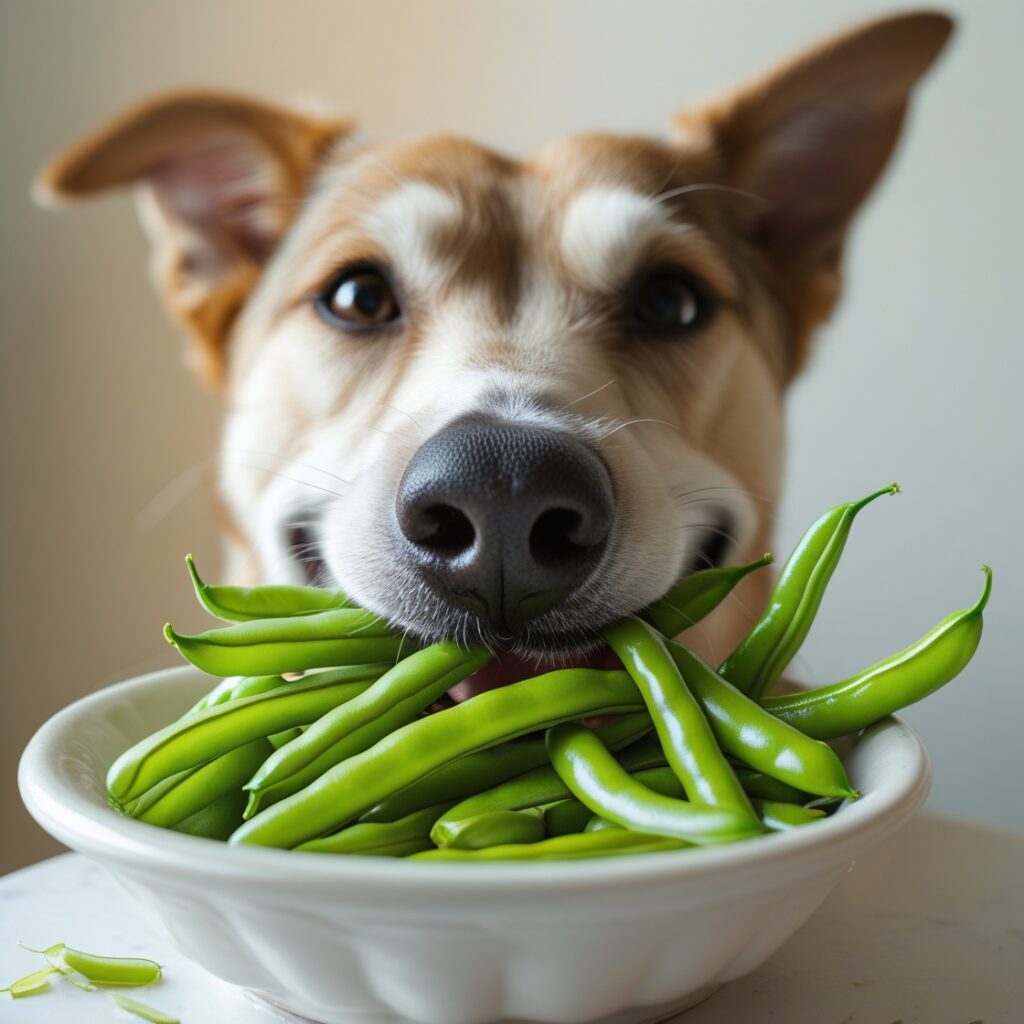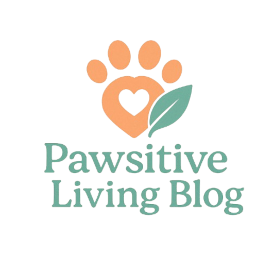As animal-lovers, we are often unable to resist the temptation of giving a bit of our food to our four-legged friends. However, not all of the snacks we consume are good for pets. In addition to the fact that some human foods are toxic or harmful, others can be quite healthy and beneficial to pets if they are given in the right way. The present article aimed at discovering pets who live on 10 human food items which come as a surprise but are not dangerous to them. This is particularly valid for cats and dogs. The concept of safety will help you to deepen the relationship with your pet without losing the health of your pets.
1. Apples (Without Seeds)
Safe For: Dogs and cats
Benefits to Health: They are a fantastic source of fiber, vitamin A, and vitamin C, making them nutrient-dense. They are particularly appropriate for elderly pets because of their strong antioxidant content.
✅ Caution: Always remove the seeds and core. Traces of cyanide, which can be dangerous in high concentrations, are present in apple seeds.

2. Carrots
Safe For: Dogs and some cats
Benefits to Health: High in beta-carotene, which the body converts to vitamin A, and low in calories, these root vegetables are easy for people to eat. They also provide a great texture for dental health because they are crispy.
You can serve them raw or cooked—just be sure they’re cut into bite-sized pieces to prevent choking.

3. Blueberries
Safe For: Dogs and cats
Health Benefits: They (sic) are heart and brain healthy in the animals as they are rich in antioxidants, fiber, and phytochemicals. Pets who consume blueberries have healthier, more active hearts and brains.
Since the pets adore fruits, give them either fresh or frozen ones!

4. Cooked Lean Meats (Plain)
Safe For: Dogs and cats
Health Benefits: A food of plain cooked chicken, turkey, and lean beef supplies the necessary amino acids and protein, which are two things that are indispensable for muscle growth and tissue repair.
✅ It is best to avoid using seasonings, sauces, or bones, particularly cooked bones that are brittle.

5. Green Beans
Safe For: Dogs and cats
Benefits to Health: Green beans are a good source of vitamins, iron, and fiber. They have minimal calories, so can be a great fit for pets on a weight loss diet too.
Never add salt or spices to them, whether you’re cooking them raw, boiling, or steaming.

6. Pumpkin (Plain and Cooked)
Safe For: Dogs and cats
Benefits to Health: Pumpkin is good for your pet’s digestive tract and is a great source of soluble fiber. It has the potential to alleviate both constipation and diarrhea.
✅ Caution: Prefer to use only plain, unsweetened, and cooked pumpkin and keep off the pie fillings or sweetened versions.

7. Sweet Potatoes
Safe For: Dogs and cats
Health Benefits: The regular consumption of sweet potatoes will ensure that an animal is supplied with vitamins B6, C, and beta-carotene, and fiber for good digestion and boosted immunity.
Fry or stew them with no need for added sugar, butter, or any spices.

8. Cucumbers
Safe For: Dogs (and perhaps cats)
Benefits to Health: In addition to being low in calories, cucumbers are hydrating and a good source of vitamins K, C, and B1. They can also assist you in maintaining a trim figure. In addition, they can support weight loss attempts and improve oral health.
Alice asserted that a being of pure energy lives in a strange world.
Avoid giving too much all at once as this can lead to an upset stomach, and don’t do this too often.

9. Plain Yogurt
Safe For: Dogs and some cats
The yogurt’s main health benefit is that it contains probiotics. Additionally, it has proteins and calcium, both of which are excellent for the body.
✅ Use just plain, unsweetened yogurt, and proceed with caution. If it has artificial sweeteners like xylitol, it can become poisonous to pets.

10. Watermelon (Seedless)
Safe For: Dogs and cats
Since watermelon is 90% water, its sole ingredient, water, aids in hydration and increases levels of vitamins A, B6, and C.
✅ Caution: Try to take away from the watermelon all the seeds and the rind which may lead to digestive issues.

Foods to Avoid
Although the aforementioned foods are pet-safe, it’s always good to be careful that you don’t give these to your pet:
- Chocolate
- Grapes and raisins
- Onions and garlic
- Xylitol (found in sugar-free items)
- Alcohol and caffeine
If you’re uncertain, talk to your vet first to get his advice before putting a new food on your pet’s menu.
Final Thoughts
Feeding the pets the same food we humans eat safely, can not only be fun but also a healthy way to bond with them. The secret is to be moderate and conscious. Selecting nutritious, fresh meals also promotes their long-term health.



